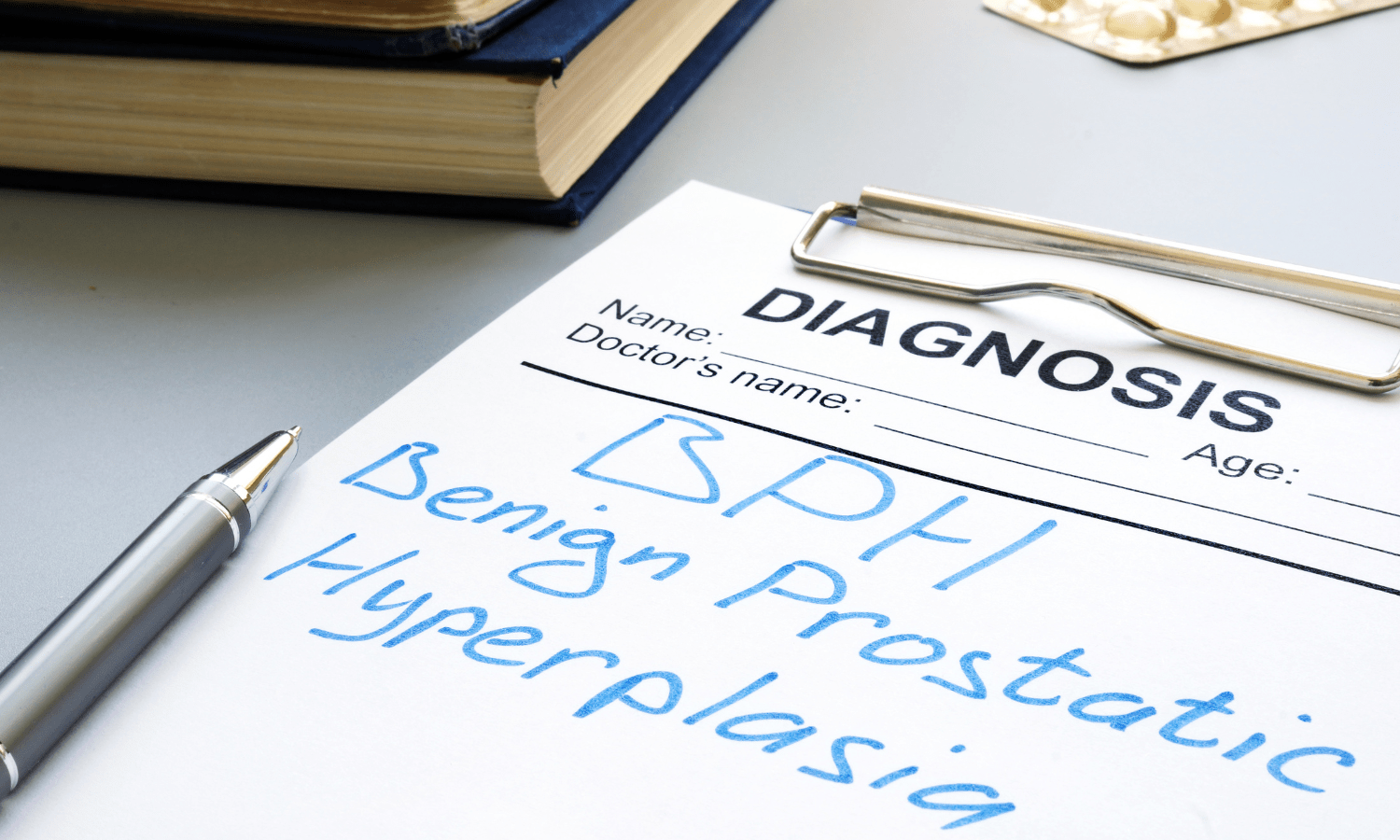What Causes Benign Prostatic Hyperplasia?
Have you ever heard of Benign Prostatic Hyperplasia (BPH)? It's a common condition that affects many men as they age. But what exactly causes it? Understanding the causes of BPH is crucial for managing the condition and maintaining a healthy prostate. Let's dive into the details.
What is Benign Prostatic Hyperplasia (BPH)?
BPH, also known as prostate enlargement, is a non-cancerous increase in the size of the prostate gland. The prostate is a small gland located below the bladder in men, and it plays a vital role in the male reproductive system. It produces a fluid that nourishes and protects sperm. As the prostate enlarges, it can press against the urethra, the tube that carries urine from the bladder out of the body, causing a variety of urinary symptoms.
Causes of Benign Prostatic Hyperplasia
So, what causes BPH? The exact cause is still not entirely understood, but several factors are believed to contribute to the development of BPH.
Aging and hormonal changes: As men age, hormonal changes occur that may contribute to prostate enlargement. The balance of hormones like testosterone and estrogen can shift, potentially leading to BPH.
Genetic factors: Family history plays a role in BPH. If your father or brother has BPH, you're more likely to develop it as well.
Lifestyle factors: Obesity, lack of physical activity, and a diet high in red meat and fat may increase the risk of BPH.
Other potential causes: Some studies suggest that inflammation, metabolic syndrome, and insulin resistance may also contribute to BPH.
Symptoms of Benign Prostatic Hyperplasia
BPH can cause a range of urinary symptoms, including:
Frequent urination, especially at night
Difficulty starting urination
Weak urine stream or dribbling
Incomplete bladder emptying
Urgency to urinate
These symptoms can be bothersome and affect your daily life. But don't worry, there are several treatment options available.
Diagnosis and Treatment of Benign Prostatic Hyperplasia
If you're experiencing symptoms of BPH, your doctor will likely perform a physical exam, ask about your symptoms, and may conduct tests like a prostate-specific antigen (PSA) test or a digital rectal exam.
Once diagnosed, there are several treatment options available:
Medications: Alpha-blockers and 5-alpha reductase inhibitors are commonly prescribed to relieve symptoms and reduce prostate size.
Lifestyle changes: Eating a healthy diet, exercising regularly, and managing stress can help alleviate symptoms.
Minimally invasive procedures: Prostatic Artery Embolization (PAE) is a minimally invasive procedure that reduces blood flow to the prostate, causing it to shrink. It's a promising option for those who don't respond well to medications or prefer not to undergo surgery.
Surgery: In severe cases, surgery may be necessary to remove part of the prostate.
Ready to Take the Next Steps?
BPH is a common condition that affects many men as they age. While the exact causes are not entirely understood, factors like aging, hormonal changes, genetics, and lifestyle play a role. If you're experiencing symptoms of BPH, don't hesitate to schedule an appointment with us at Indiana Vascular. With the right treatment, you can manage your symptoms and enjoy a better quality of life.
Sources
National Institute of Diabetes and Digestive and Kidney Diseases. (n.d.). Prostate Enlargement (Benign Prostatic Hyperplasia). Retrieved from https://www.niddk.nih.gov/health-information/urologic-diseases/prostate-problems/prostate-enlargement-benign-prostatic-hyperplasia

